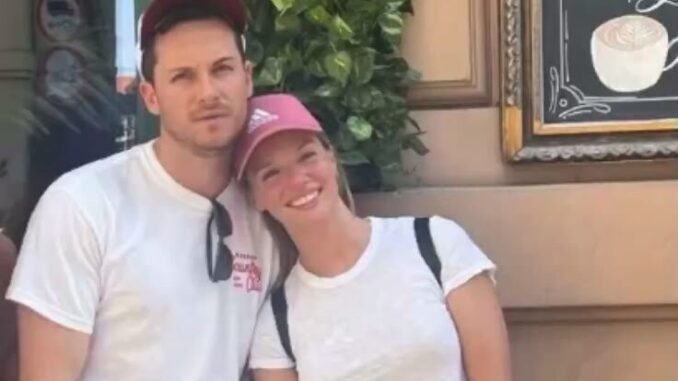
NBC has officially renewed its powerhouse Wednesday night lineup — Chicago Fire, Chicago Med, and Chicago P.D. — for the 2025–26 television season. For longtime fans of the One Chicago franchise, the news is both a huge relief and a cause for celebration. But while the return of all three series ensures the heart of Chicago keeps beating on network TV, the renewal comes with a major shift: things won’t be the same next season.
Behind the scenes, NBC is implementing a series of strategic changes across all three shows that will significantly impact how the stories unfold, who we see week to week, and how the casts are used. While One Chicago isn’t going anywhere, the way it functions will look quite different in the new season. After weeks of silence and industry speculation, NBC finally confirmed that Chicago Fire will return for Season 14, Chicago Med for Season 11, and Chicago P.D. for Season 13. Together, they make up one of the most dominant programming blocks on network TV, consistently pulling in millions of viewers every Wednesday night.
While each show is returning with a full-season order, the big change comes in how the cast will be utilized. NBC is adopting a new format where most main cast members will only appear in approximately 18 of the usual 22 episodes. This change is largely driven by budget considerations, as networks and studios continue to adjust spending in the wake of strikes, economic shifts, and new streaming priorities. With fewer guaranteed episodes per actor, production teams will now have more flexibility in scheduling and storytelling — but fans will inevitably see less of their favorite characters on a week-to-week basis.

Chicago Fire has undergone a series of major cast changes recently, and the trend is expected to continue. With Daniel Kyri (Ritter) and Jake Lockett (Carver) no longer returning as regulars, and Eamonn Walker (Boden) now in a recurring role, Firehouse 51 is in a period of transition. Characters like Severide, Stella, Mouch, and Cruz remain essential, but with the new episode model, it’s likely we’ll see them rotate in and out of the spotlight more than ever before.
The show’s emotional heart has always been its camaraderie, so maintaining that bond — even with a staggered cast — will be the creative team’s biggest challenge moving forward. Chicago Med will also feel the effects of this new structure. After the recent exit of Dominic Rains (Dr. Crockett Marcel), the hospital drama is once again reshuffling its core team. With S. Epatha Merkerson, Oliver Platt, Jessy Schram, and Marlyne Barrett anchoring the cast, Med has found strength in its stability, but even these veterans may now appear less frequently per season.
Chicago P.D. wrapped up Season 12 with a finale that stunned fans — two Intelligence Unit members were officially fired, drastically altering the team’s makeup heading into Season 13. With Tracy Spiridakos (Upton) already departed and other characters now facing uncertain futures, the unit is poised for a serious reinvention. Showrunner Gwen Sigan has hinted that the changes are not only intentional but necessary: “We’re embracing a new chapter — one that allows us to tell character-driven stories in a deeper, more flexible way.”
While Jason Beghe (Voight), Marina Squerciati (Burgess), and LaRoyce Hawkins (Atwater) are expected to return, they too will likely rotate through episodes as part of the new cast model. What’s left is a leaner, more serialized approach to storytelling — one that could sharpen the drama but test the fan base’s attachment to the full ensemble.
NBC’s decision is part of a broader industry shift. Networks are under pressure to cut costs while still delivering high-quality scripted programming. By reducing how many episodes an actor appears in — without cutting the overall episode count — producers can allocate resources more efficiently. This strategy isn’t unique to One Chicago. Other network shows, including those in the Law & Order universe, have begun experimenting with similar models. The result is a hybrid format — part ensemble, part anthology — where each episode may focus on one or two characters rather than the whole team.
